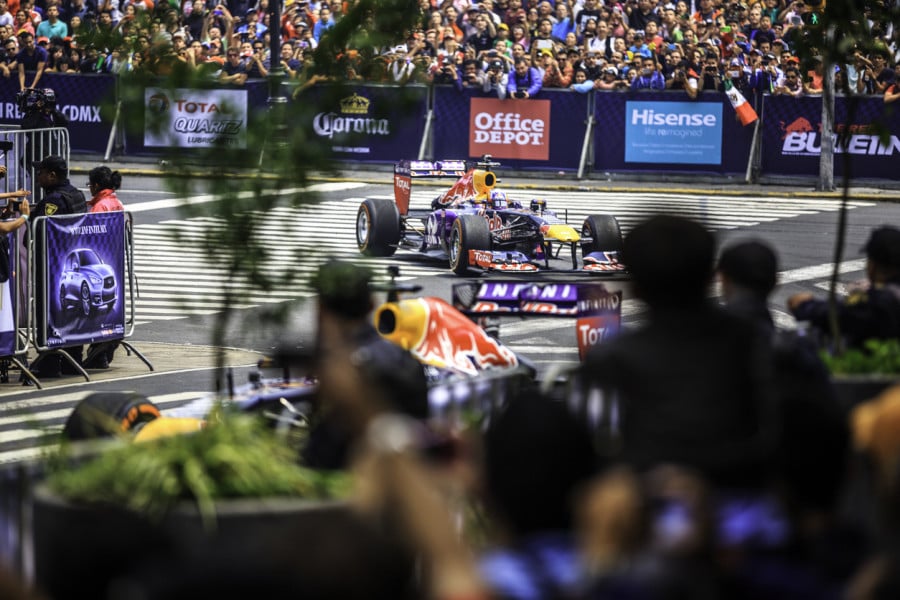Challenging FIA Decisions In Formula One: What Options Do F1 Teams Have?

The conclusion to the 2021 FIA Formula One World Championship (F1) was one of the most controversial in recent history and led to an FIA inquiry into the decision to allow only some lapped cars to unlap themselves, which ended up with Max Verstappen winning the Abu Dhabi Grand Prix and the Formula One World Driver’s Championship. The results of the inquiry were presented to the F1 teams; and although the full report was not disclosed to the public, an executive summary was made available and sent to the FIA World Motor Sport Council.
Understanding the process and the way in which the FIA rules work is particularly important in F1 due to its dynamic nature and the various often complicated technical rule changes that are being introduced by the FIA every season to try to improve the sport. Accordingly, this article will examine:
To continue reading or watching login or register here
Already a member? Sign in
Get access to all of the expert analysis and commentary at LawInSport including articles, webinars, conference videos and podcast transcripts. Find out more here.
- Tags: Dispute Resolution | FIA | Formula One | International Court of Appeal | motorsport | Regulation & Governance | Sporting Regulations | Sports
Related Articles
- How Do Cost Controls Work In Motorsports?
- Key Issues In The Regulatory Structure Of Motorsport
- How DNA Determined Sample Identity In An Anti-Doping First For India – The Case Of Vijay Singh
- What Happens When Drivers Ignore Flags In Formula One?
- Pitfalls Of Sports Federations Playing Judge, Jury & Executioner - A Review Of Turk V FIM
- Disqualified For Technical Breach Despite No Advantage: The Cautionary Tale Of A Rally Driver
- How Patents & Trade Secrets Are Utilised In Motorsport
- A Guide To How Trade Marks Work In Formula One®
- Top Tips for Protecting Confidential Information and Trade Secrets in Motorsport
Written by
Yeva Agayan
Yeva is an associate in the litigation team at Brown Rudnick LLP and is based in the firm’s London office. Prior to joining Brown Rudnick, Yeva was an associate in the litigation and arbitration team at Cameron McKenna Nabarro Olswang LLP. Yeva holds BSc in International Relations and History from the London School of Economics and Political Science and LPC with MSc in Law and Business from the University of Law. Yeva is originally from Ukraine and is a native Ukrainian and Russian speaker.
Her dispute resolution experience includes High Court litigation, arbitration and asset tracing and recovery cases. She advises clients on general commercial disputes across a wide range of sectors including financial services, technology and sport. Yeva also advises clients on disputes of multi-jurisdictional nature, including bringing civil and criminal proceedings in jurisdictions in both the EU and outside the EU.




